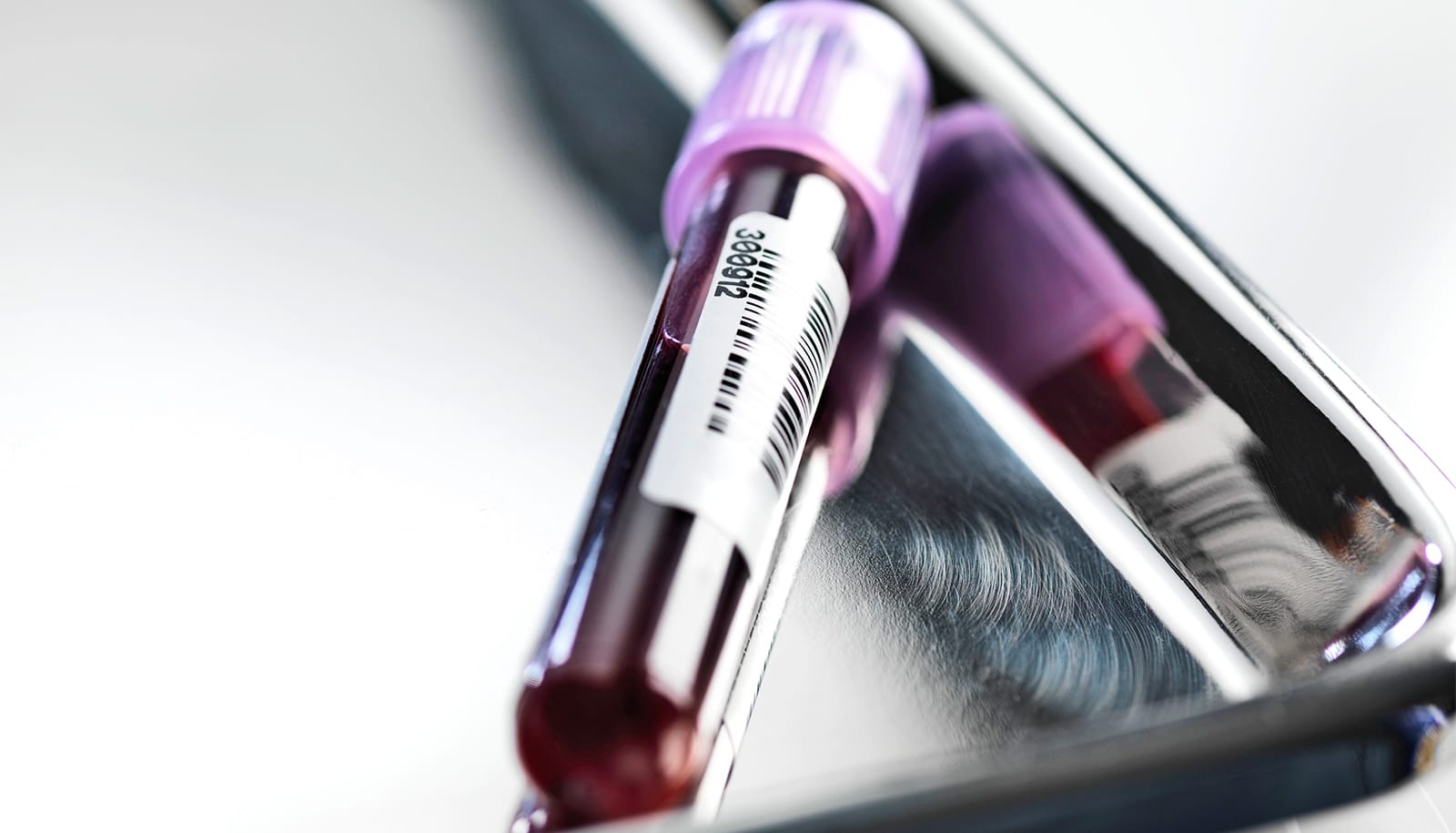Three experimental blood tests used to identify people in the early stages of Alzheimer’s disease perform differently in Black people, according to a new study.
A fourth blood test, the PrecivityAD test, is equally effective at detecting early Alzheimer’s disease regardless of the race of the person being tested, the researchers say.
Since cutoffs between normal and abnormal test scores usually are set based on predominantly white volunteers, tests that perform differently in Black compared to white populations put Black patients at disproportionate risk of misdiagnosis and receiving inappropriate medical care.
Most people are diagnosed with Alzheimer’s only after they become forgetful and confused. Such cognitive symptoms arise relatively late in the course of the disease, a decade or more after the brain first begins to change.
Scientists are working to identify people earlier using blood tests that detect Alzheimer’s-associated proteins in the blood, also known as biomarkers. But the field of Alzheimer’s biomarker research is based on data collected from groups of mostly white participants, raising concerns about whether tests based on such biomarkers are equally valid in diverse populations.
“When you use a limited study population—as, unfortunately, scientists have traditionally done in Alzheimer’s research—and then try to apply the results to everyone, including people of diverse backgrounds, you could exacerbate health inequities,” says Suzanne Schindler, an associate professor of neurology at Washington University in St. Louis, and lead author of the paper in Neurology.
“My hope is that this paper will help illustrate the need to increase the diversity of participants in Alzheimer’s studies. My colleagues and I are working to develop a much larger, multicenter study to better evaluate racial differences in Alzheimer’s-related blood biomarkers. This is a major priority for us.”
The researchers did not design the study to find the reason some Alzheimer’s biomarkers lead to different results in Black people compared to white people, but the presence of other health conditions could play a role.
In this study, Black people were more likely than white people to have high blood pressure (67% versus 45%) and diabetes (28% versus 5%). Both conditions are linked to Alzheimer’s disease and may influence performance of biomarker tests, the researchers say.
The PrecivityAD test uses high-resolution mass spectrometry to measure the ratio of the Alzheimer’s proteins amyloid beta 42 and amyloid beta 40, as well as apolipoprotein E (APOE), a protein that affects risk for Alzheimer’s disease.
Randall J. Bateman, professor of neurology and a study coauthor, developed the underlying technology behind the PrecivityAD test. C2N, the maker of the PrecivityAD test, is a Washington University startup and is based in St. Louis.
The researchers analyzed the accuracy of the PrecivityAD test and blood tests for two other proteins—neurofilament light protein and two forms of the protein tau—in 76 pairs of Black and non-Hispanic white participants. To create the pairs, researchers pulled from a pool of volunteers who take part in research studies through Washington University’s Charles F. and Joanne Knight Alzheimer Disease Research Center (Knight ADRC), and were matched on age, gender, cognitive status, and presence of the high-risk genetic variant of APOE. More than 90% of individuals had no cognitive impairment.
The researchers determined whether each individual had the brain changes of Alzheimer’s disease using brain scans, analyzing the cerebrospinal fluid that surrounds the brain and spinal cord, or both. High levels of amyloid plaques found on brain scans or specific changes in the cerebrospinal fluid are both considered gold-standard evidence of Alzheimer’s.
Only the PrecivityAD test accurately classified people by Alzheimer’s status regardless of self-identified race. The other three blood tests were not as accurate at classifying people by Alzheimer’s status. Worse, they also performed differently in Black people compared to white people.
“The fact these risk models have not been tested in a lot of populations makes me wary, because Alzheimer’s is a global disease,” says coauthor Thomas K. Karikari, an assistant professor in the psychiatry and neurochemistry department at the University of Gothenburg in Gothenburg, Sweden.
“For example, APOE is a very good predictor of Alzheimer’s disease in people of European ancestry, but for people of non-European ancestry, it may not be a good predictor. We have to study these risk models in a wide variety of people to understand where does it work, where does it not work, and what are the factors that affect the performance of these models.”
“Race norming,” or calibrating tests separately for each race, is not a satisfactory solution to the problem of differences in biomarkers across racial groups, Schindler and Karikari say. Such a practice can create or worsen racial disparities.
For example, until 2021 the NFL routinely used race-normed cognitive tests to evaluate former players for cognitive impairments linked to injuries sustained on the field. Such tests consistently underestimated the degree of impairment Black players suffered, making it difficult for them to obtain appropriate compensation.
“Rather than trying to adjust for race in some way, it would be better to use tests that perform equally well in all individuals,” Schindler says. “Alternatively, we can try to understand the underlying factors that create these apparent racial differences and adjust for those underlying factors rather than race.
“What we don’t want to do is to use these tests without evaluating their performance in diverse groups, because then we would fail in our duty to provide the best possible care to all.”
The US National Institute on Aging and the Cure Alzheimer’s Fund funded the work. C2N Diagnostics provided the plasma Aβ42/Aβ40 assays for this study.
Bateman cofounded C2N Diagnostics, which developed the PrecivityAD test. He worked with the Washington University Office of Technology Management to file patent applications related to the test. Washington University and Bateman have equity ownership interest in C2N Diagnostics and receive royalty income based on technology (stable isotope labeling kinetics and blood plasma assay) licensed by Washington University to C2N Diagnostics.


